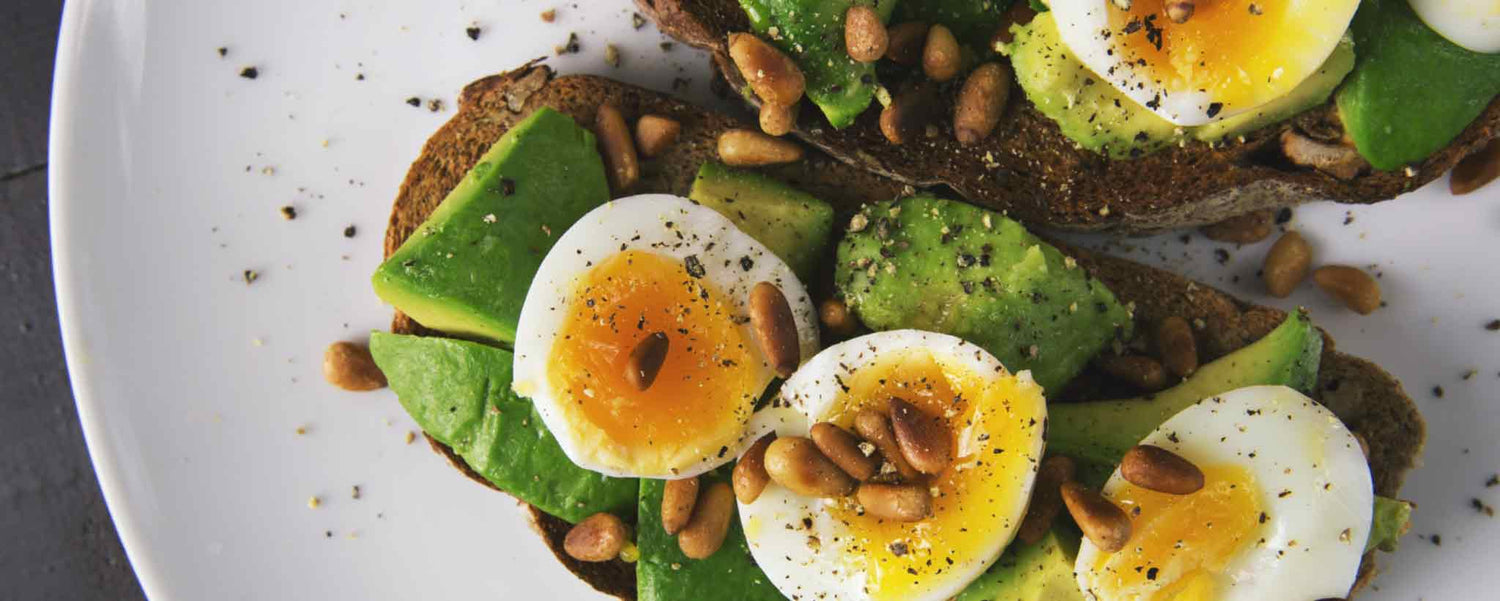Like a rubber band, every time you diet, the weight comes right back. It is time for a different approach.
Publish 20 May 2021
No Dieting Required
Almost everyone tries to shed pounds by dieting but ends up feeling hungry and deprived. That’s why it’s challenging to stick to a diet regimen. Among many methods of maintaining healthy body weight, we gravitate to the popular diets offering effortless weight loss. Conventional diet plans for weight management include:
- Limiting some foods while avoiding others.
- Neglecting hunger cues, such as low energy, stomach growling.
- Eating less of your favorite foods.
Many research studies report that we gain more weight over time by following a strict diet plan. This is the opposite of what you expect.
Why Don’t Diets Work
Diet restrictions do not provide enough food to meet your body’s nutritional needs in long-term weight management. Dieting, by definition, is a food plan for the short-term. Many people experience disappointment because their “diet-first mindset” perpetuates a diet-binge cycle. [1]
According to research, initial remarkable results from dieting diminishes throughout the year. Therefore, instead of choosing a diet plan, you can meet your required body weight in a variety of ways. [2] For a sustainable eating plan that you can enjoy, many dietitians advise you to prepare your own healthy food.
Lose Weight Without Dieting
Weight loss lasts longer when you slowly shed pounds. Around 3500 calories are present in one pound of fat. Exercise and dietary modifications help you lose one pound a week by burning 500 calories.
People who make simple tweaks to their lifestyle are more successful at losing weight than others who rely on restrictive diet plans. Choose foods that have high nutritional value. Here are some strategies to help you lose weight without going on a diet:
1. Eat Plenty of Protein
Proteins help you eat few calories, reduce appetite, and make you feel full. This is because proteins affect hormones (GLP-1 and ghrelin) that control our hunger.
Adding proteins to your diet greatly helps you to consume fewer calories. Some protein-rich foods include almonds, eggs, fish, lentils, chicken breasts, quinoa, and yogurt.
Another way to maintain satiation is by adding low-fat proteins to each snack and meal. Proteins maintain your blood sugar levels when you eat a small portion of them every three to four hours. [3]
2. Boost Your Water Intake
Drinking water before a meal helps you to lose weight and eat less. According to a study, if you drink water 30 minutes before a meal, it lessens your calorie intake.
You can lose weight by drinking plenty of water by 40% to 45%. Replacing sugary drinks with water improves your health and accelerates weight loss. [4]
3. Eat Fiber-Rich Foods

Eat more foods that are rich in fiber. They make you feel full and reduce hunger cues because they expand in the stomach. Fiber-rich foods prevent quick digestion when you replace poor nutrition foods.
Viscous fiber reduces food intake by increasing the absorption time of individual nutrients and slowing down the process of digestion.
High-fiber foods include asparagus, whole grains, oat cereals, chia seeds, Brussels sprouts, and beans. Many supplements are available that are rich in fiber, for example, glucomannan. You can also try high-fiber snacks. [5]
4. Increase Consumption of Fruits and Veggies
Make sure you eat low-calorie and nutrient-dense vegetables and fruits. Use leafy green vegetables instead of meat because vegetables help you to keep weight off. Make a habit of adding 3 to 7 cups of fruits and vegetables to your daily diet. Diabetes or hyperglycemia may limit medical recommendations for daily fruit intake.
You won’t need a cookie jar because fruits and vegetables are rich with phytonutrients, vitamins, minerals, proteins, and fibers. Eat a medium-sized apple, large banana, large tomato, or medium-sized pear per serving. [6]
5. Track Your Steps
Install a pedometer or a step tracker on your electronic device. Keep increasing your steps daily until you reach 10,000 steps per day (health permitting). You can lose weight more quickly when you walk to the grocery store, take stairs instead of an elevator, and walk around the house while using a mobile phone. [7]
Walking significantly helps you to be active throughout the day. Moreover, physical activity also reduces stress and improves sleep.
Keep Weight Off
You can permanently lose weight by controlling your environment and making small changes to your lifestyle. Restrictive diet and exercise plans are only helpful in temporary weight management.
Eat fruits and veggies, fiber-rich foods. Drink plenty of water because this method supports long-term weight management. With healthy nutrition and frequent moderate exercise, you will soon experience visible weight loss.







